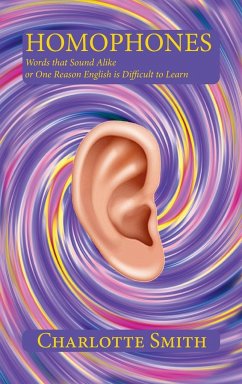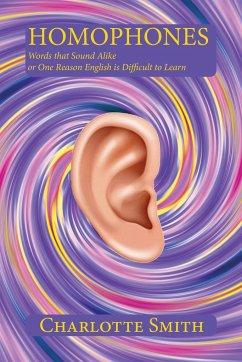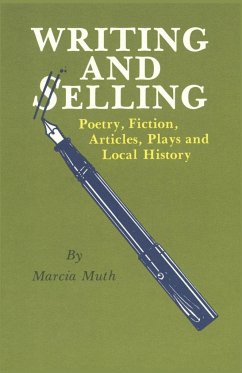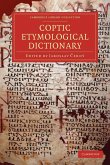One reason the English language may seem difficult to learn is that there are so many words that sound alike but are spelled differently. This large group of multiple-meaning words is called homophones. The term "homophone" comes from the Greek words "homos" (same) and "phone" (sound). There are hundreds of homophones. This book lists those that may help English as a second language students the most in their study of the English language. Some words are not pronounced exactly the same way but are very similar. Studying homophones is a fun and interesting way to improve one's language skills. The reader might be amazed at how many homophones are used in everyday life.
Hinweis: Dieser Artikel kann nur an eine deutsche Lieferadresse ausgeliefert werden.
Hinweis: Dieser Artikel kann nur an eine deutsche Lieferadresse ausgeliefert werden.








